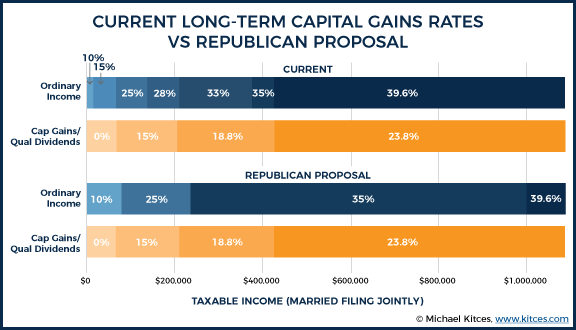
November 3, 2017: Yesterday House Republicans released details of the “Tax Cuts and Jobs Act” (link: Tax Bill). The plan calls for steep tax cuts in business tax rates, an eventual repeal of the estate tax, a reduction in the number of individual income tax brackets, elimination of the Alternative Minimum Tax, significant changes to itemized deductions and the standard deduction, as well as a host of other changes that have both positive and negative impacts to middle and high-income taxpayers.
The Tax Policy Center, a nonpartisan think tank based in Washington D.C., cites five big take-aways:
- It is a tax cut, not tax reform.
- It is not the biggest income tax cut in history – not even close.
- For households, it will almost surely create winners and losers. Many middle-income households are likely to pay more under this plan, not less.
- It is not tax simplification. Indeed, for many taxpayers the House bill would make filing more complicated
- At the end of 10 years, it likely would end up increasing the deficit by far more than the advertised $1.5 trillion (TPC estimates $2.4 trillion and it will not lead to a 3 percent permanent economic growth).
